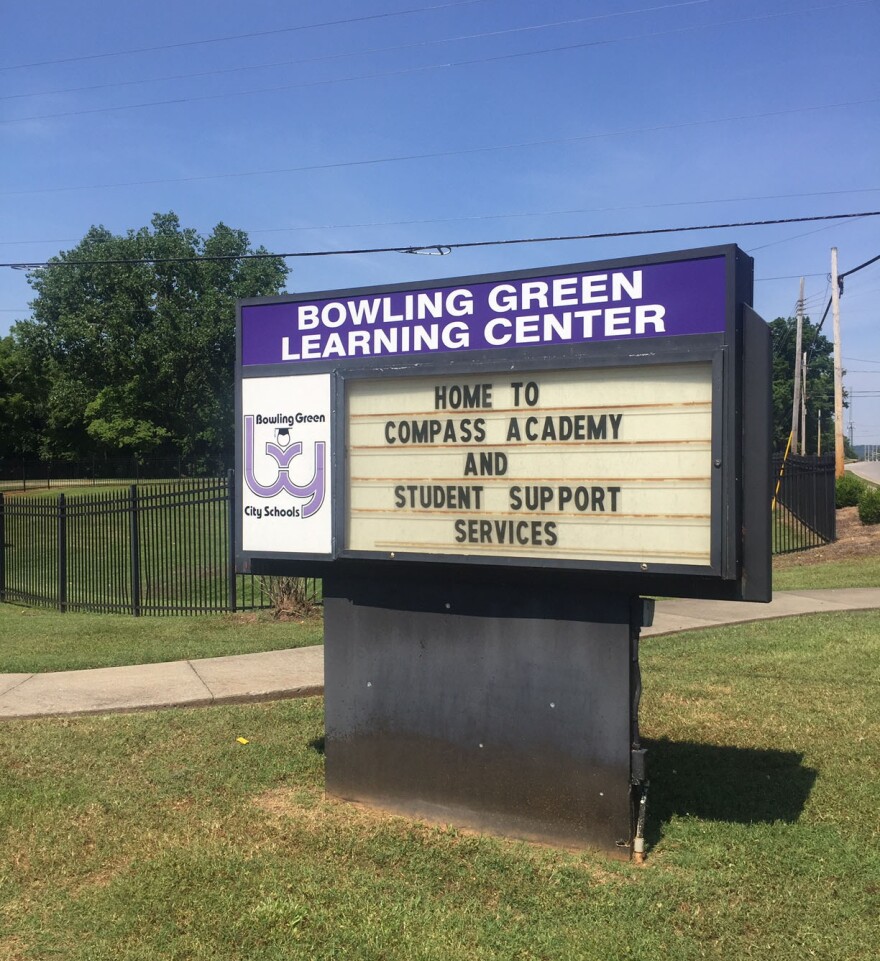The time we're living in now might be thought of as “pandemic recovery.”
After 15 months of shutdowns, stress and isolation, Kentucky is open for business and there's a welcome return to social activities.
Schools will be fully in-person for the new academic year in the fall.
But the anxiety many children experienced during the pandemic is not likely to be washed away in the water parks and swimming pools of summer.
WKU Public Radio reporter Rhonda Miller talked with Tanner Steelman, a licensed clinical social worker who is mental health supervisor for Bowling Green City Schools.
Steelman said educators are expecting a spike in the need for mental health services in the fall, as the emotional impact of the pandemic becomes visible to teachers, school counselors, cafeteria workers and bus drivers.
Steelman: At the beginning of the pandemic, you saw a type of lull because I don't think students and families really knew how to react to being quarantined. But as the length of time for the quarantine progressed, I think you see mental health and emotional health needs go up, including depression and anxiety, as students and families became more and more isolated. They lost that access to social interactions with friends and other human beings, if you will. And that plays a significant role in being able to manage stress and anxiety and depression.
Miller: Do you have a number of calls or sessions that you did during the pandemic compared to maybe the year before?
Steelman: We saw, based on our data from previous years, we saw about a 10 percent spike. That was during the pandemic, that's where we saw the 10 percent spike.
Miller: Was there any particular age group that you heard from more during the pandemic?
Steelman: By history, usually your middle school students are the most needy, as far as counseling. There's a lot of transitions physically and emotionally during that time. But we saw spikes across the board and the referrals were pretty consistent. And I think that our “littles,” our younger elementary students, we saw a significant spike. Without going into graphic detail, more abuse situations, more neglect situations. I think our parents were, you know, lost jobs and they were unable to meet basic needs for families. And so, if the families are experiencing stress due to the pandemic job loss and don’t have the ability to make rent, and evictions and things like that, then that typically is shared with our younger students. If their lives are characterized by chaos and stress made worse by the pandemic, their ability to cope and handle those situations goes way down. So, they were needing a lot more support.
Miller: Anything else you noticed during the pandemic that you think is going to have to be dealt with in the next few months?
Steelman: We did see a lot of latchkey situations where students were at home by themselves. We saw a lot of situations where, you know, we'd monitor the virtual learning and students would get on late at night. That was one issue that we saw a lot of.
Miller: Anything else you just want to say about the whole previous year in the pandemic?
Steelman: We are expecting a spike when the school year starts. So we’re collaborating with local agencies to address some of those issues and how we can address what we suspect is going to be a significant increase in counseling needs, and that students will have behavior outbursts and, you know, increases in anxiety. They would have lost some of that resilience that they would typically have if those natural supports are in place. So we're looking to, you know, restore some of that and restore balance to a lot of students’ lives, and especially the ones that are struggling that were in Virtual Academy for 15 months. We suspect those students will, you know, have some issues transitioning back into a full-time schedule, that classrooms may look a little different to them, and that the change will be more significant for those guys than the ones that chose to come back, you know, when they had that option.
Miller: Thanks, Tanner for speaking with me.
Steelman: You're welcome. Nice to meet you.
Miller: I've been talking with Tanner Steelman, mental health supervisor for Bowling Green City Schools. I'm Rhonda Miller in Bowling Green.






